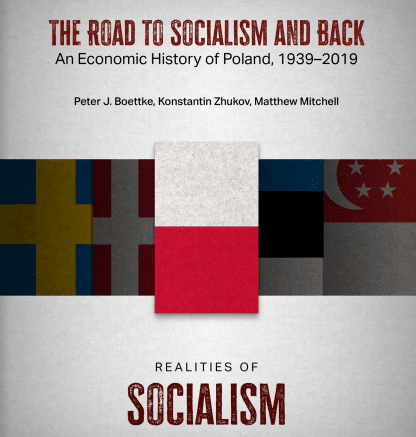Faith in Markets? Abrahamic religions and economics
SUGGESTED



At the Institute of Economic Affairs we aim to conduct and promote research in economic and political matters and disseminate the results to improve public understanding of the institutions of a free society. Freedom of religion and of market exchange are clearly two important freedoms. But when they are linked, organised religion seems often to be treated as if it is some kind of antidote to the market.
Many people seem to think that whatever merits a broadly market system may have, social justice must be supplied from somewhere else. And since religion – so it is presumed – is very much concerned with social justice, it must be seen in opposition to the market.
The essays in this book present one kind of challenge to this view. Looking into the origins and histories of the three major Abrahamic religions – Judaism, Christianity and Islam – the authors find market exchange to have been important in them all. So, to take one case, volume editor Benedikt Koehler argues in one of his contributions that property rights were essential in early Christianity. Koehler notes that early Christianity specifically linked property rights and poor relief in ways quite distinct from any attitude of the prior Roman world. In particular, in the work of Ambrose of Milan, private property offered the means of redemption through the provision of poor relief. Furthermore, Koehler charts how the medieval controversy over Christ’s ownership of property was ultimately resolved in favour of such ownership by Pope John XXII in 1329.
That is a sketch of one example of the kind of analysis offered in this collection. But the wider approach also deserves note. That is the approach of fully recognising the importance of the study of economic thought in a broad intellectual (and, in this case, religious) context. Adam Smith and his predecessors understood that intimately; it was the natural, probably unconscious aspect of the essence of their study. It has been far too often neglected in later work.
This book offers a specific example of the kind of enquiry that should have so much more standing in our intellectual history. The essays selected for the volume are reprinted from Economic Affairs, the refereed academic journal jointly produced by the IEA and the University of Buckingham, with acknowledgement to Wiley, the publisher. As always, the opinions expressed in this publication are those of the authors, and not of the IEA, which has no corporate view on any matters, whether economic, political or spiritual.
Contents
- Introduction: Religion and economics by Benedikt Koehler – 1
- The Middle East needs to rediscover its free market roots by Nima Sanandaji – 11
- The economics of the books of Moses by Benedikt Koehler – 30
- Muhammad’s conception of property as a bundle of rights by Benedikt Koehler – 55
- The economics of property rights in early and medieval Christianity by Benedikt Koehler – 71
- Sir Thomas More’s Utopia: an overlooked economic classic by Esa Mangeloja and Tomi Ovaska – 100
- Judaism and liberalism: Israel’s economic problem with its Haredim by David Conway – 133
- The true meaning of social justice’: A Catholic view of Hayek by Martin Rhonheimer – 162
- The libertarian character of the Islamic economy by Ali Salman – 199
Fullscreen Mode



